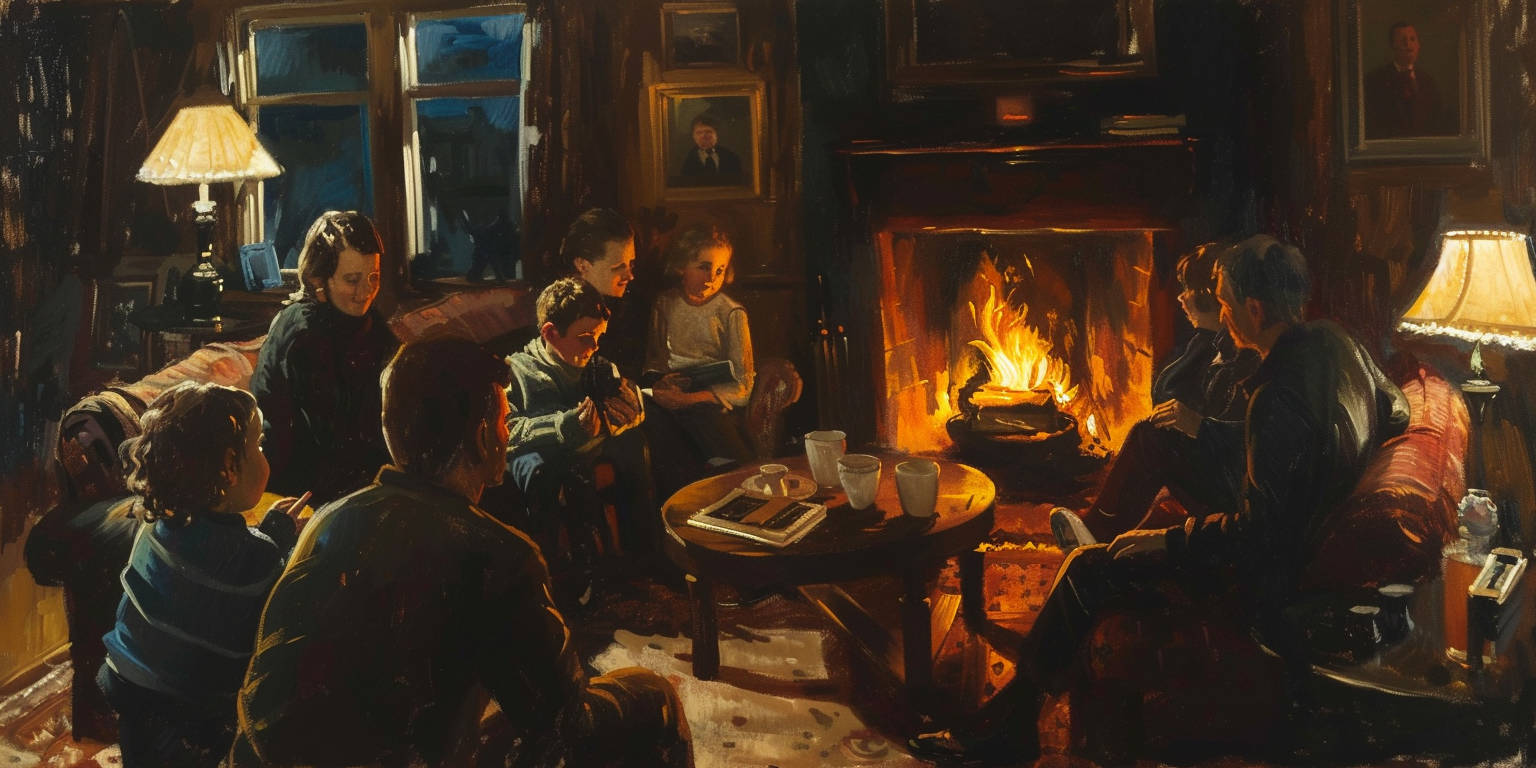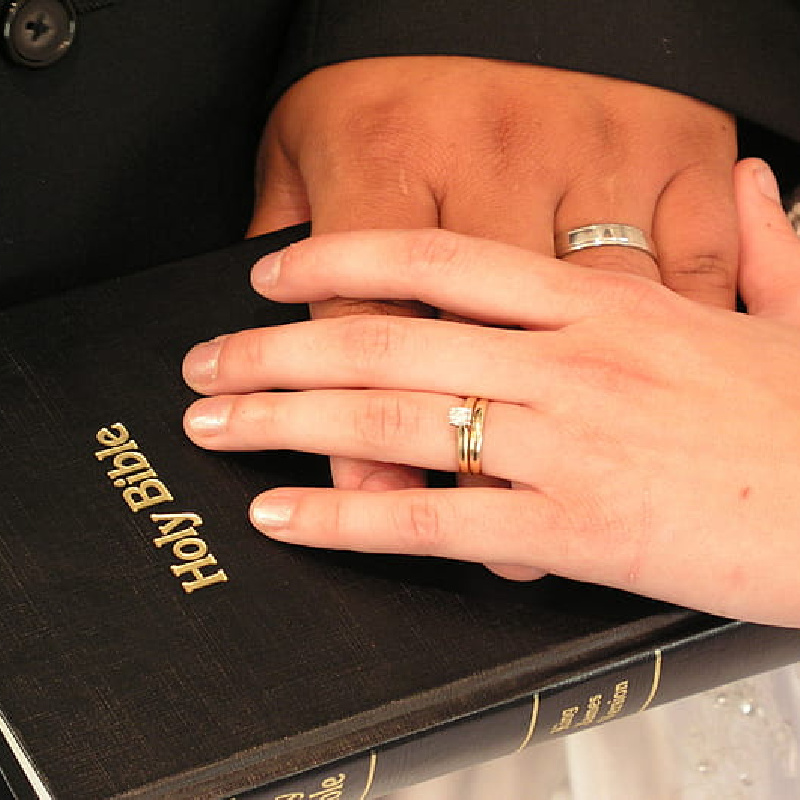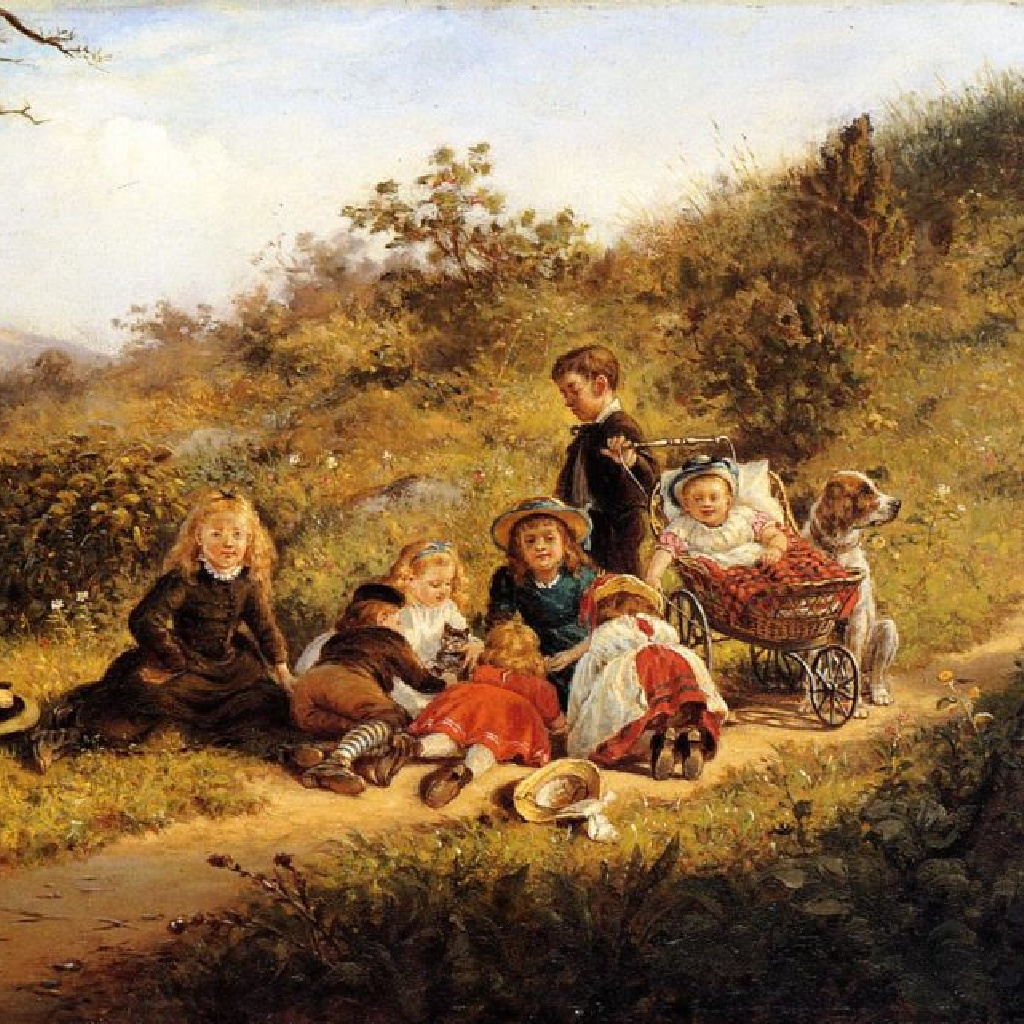
Women Who Dare to Mother
Is traditional motherhood viable today? Mothers of large families show it’s rewarding and sustainable.

Is traditional motherhood viable today? Mothers of large families show it’s rewarding and sustainable.

Is motherhood revolutionary? Sacrificial love molds the leaders of tomorrow and deepens the Christianity of those sacrificing.

Can education improve relationships? Utah’s programs prove teaching relationship skills can enhance lives.

What really defines the wealth of nations? Is it GDP or the strength and stability of its family units?

How does Utah support strong marriages? Utah Marriage Commission provides innovative, accessible marriage education.

Can federal dollars boost family stability? Utah’s approach combines resources to strengthen marital bonds.

Marriage is a key for happiness and stability, but relationships don’t occur in a vacuum. How does society affect our relationships? How can it help more?

Can a name shape destiny? Family stories foster resilience, shape self-worth, and connect to heritage.

Is it better to relocate for family or establish roots in a community? Fidelity to a community can come from weighing spiritual obligations, the benefits of community attachment, and family connections.

Unmasking the modern perception of marital fidelity, this comprehensive study brings to light the deep-seated fears of emerging adults, the profound impact of trust, and the enduring promise of faith in cultivating and maintaining faithful marriages.

What happens when we stop making new people? Learn about the impact of anti-population attitudes and the benefits of parenting for happiness and fulfillment.

Compared to that activist down the street, do President Dallin Oaks and other faith leaders really love you? That probably depends on how you define “love.”